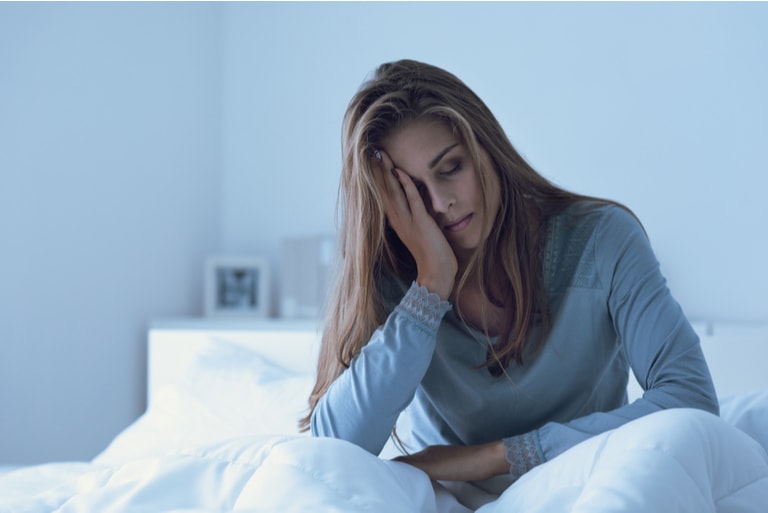By Seth J. Gillihan, University of Pennsylvania
It’s well-established that regular exercise is a good way to improve sleep if you’re battling insomnia (see this previous post). But what if your sleep is already okay? Will moving your body during the day help you sleep better at night?
A new study in the journal Sleep Health addressed this question among healthy adults who, on average, were sleeping about 7 hours per night. Participants were divided into two groups: an Intervention group instructed to increase their daily steps by at least 2,000 (about one mile for an average person), and a Control group that received no such instruction.
Both groups were given Fitbits to monitor their daily steps. The researchers compared the two groups’ responses to questionnaires about their sleep, including both how long they slept and the quality of their sleep.
Results showed that overall, the walking intervention led to significantly better sleep — but only among female participants. The improvement was in sleep quality, not sleep duration, meaning the women slept better but not longer.
More detailed analyses that focused on individuals rather than simply dividing the participants into two groups (Control vs. Intervention) found sleep benefits from walking for both men and women; on days that a person walked more than their average number of steps, they had improved sleep quality and duration. In other words, you’re likely to sleep better when you’re more physically active than you tend to be.

The study authors note the importance of this finding given that it was based on a low-intensity exercise intervention, as opposed to running or other more vigorous activities. As such, it has greater relevance for individuals with physical limitations that restrict their ability to perform more strenuous movements, and for those who enjoy walking but lack the motivation for intense exercise.
So how does walking improve sleep? The report couldn’t answer that question directly, but there are several potential explanations. For example, being exposed to natural light by walking outside in the morning helps entrain a strong circadian rhythm, which promotes healthy sleep. Exercise is also associated with stress reduction and physical well-being, both of which could be pathways to sleeping better. The social benefits of walking with another person could offer an additional boost for one’s mood, thereby improving sleep. More research is needed to address these and other possibilities.
For now, rest assured that adding steps to your day can be a good way to sleep longer and more soundly.
Seth J. Gillihan, PhD is clinical psychologist; author of The CBT Deck, co-author of A Mindful Year, and host of the Think Act Be podcast. He is also clinical assistant professor of psychology in Psychiatry, University of Pennsylvania Perelman School of Medicine.
References
Bisson, A. N. S., Robinson, S. A., & Lachman, M. E. (2019). Walk to a better night of sleep: Testing the relationship between physical activity and sleep. Sleep Health. doi:10.1016/j.sleh.2019.06.003
Note: The views expressed in this article are the author/s, and not the position of Intellectual Dose, or iDose (its online publication). This article originally appeared in Psychology Today and has been reprinted with permission.



